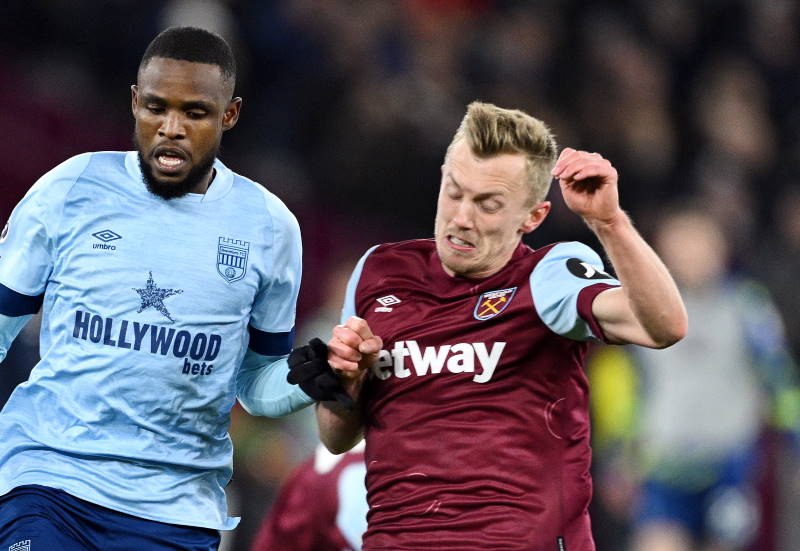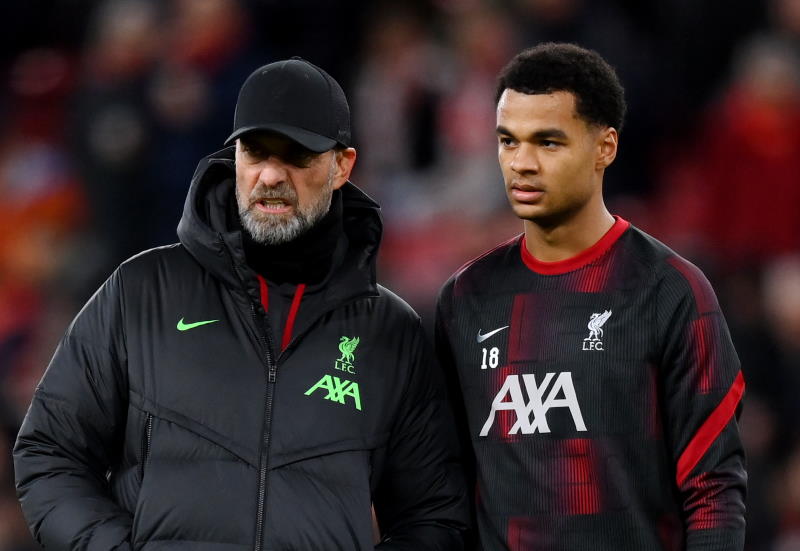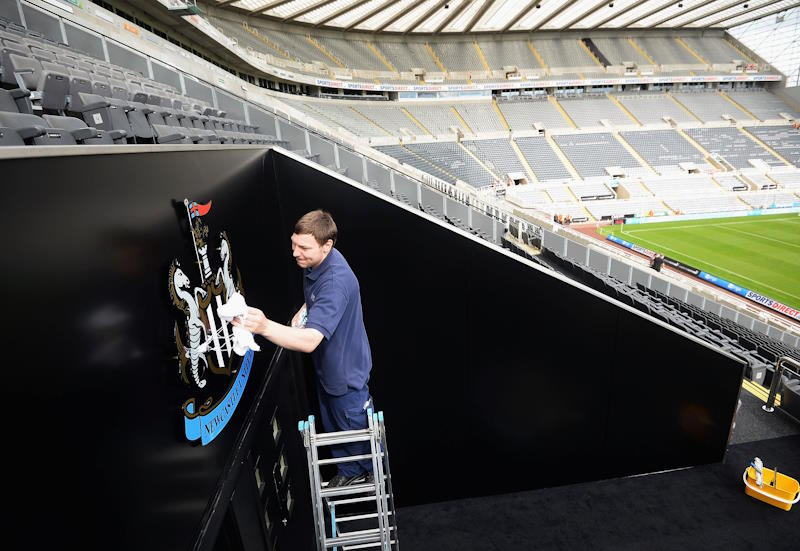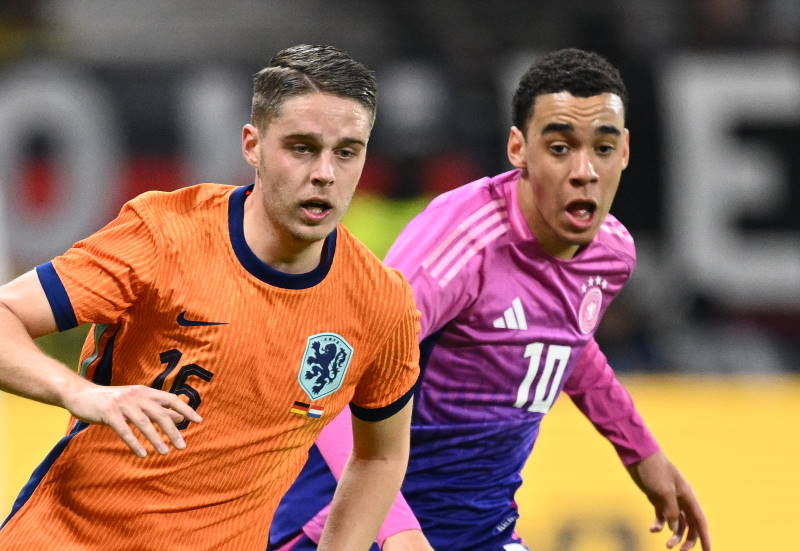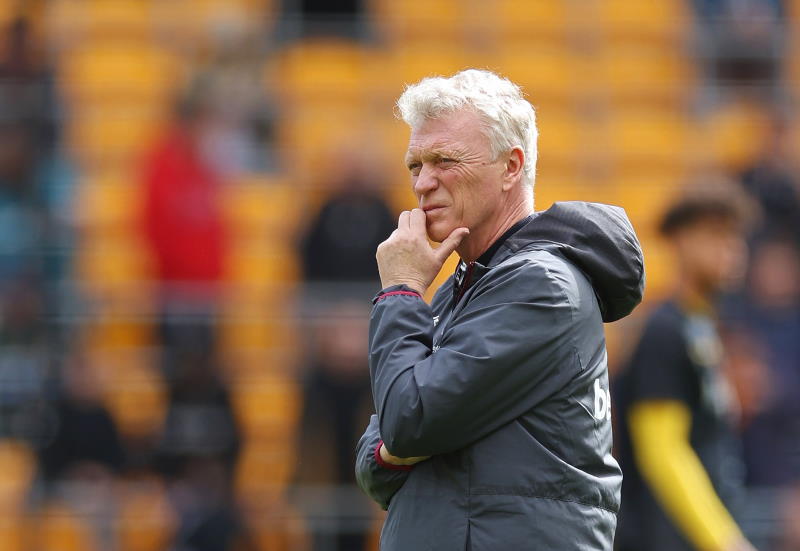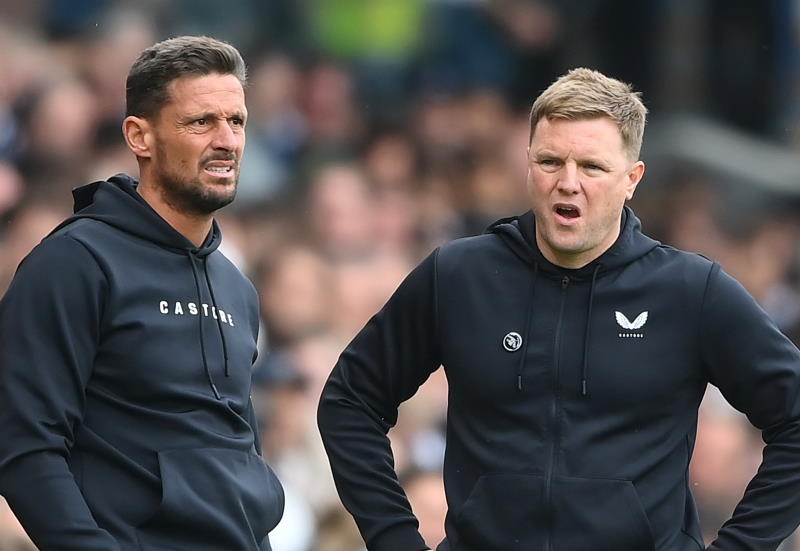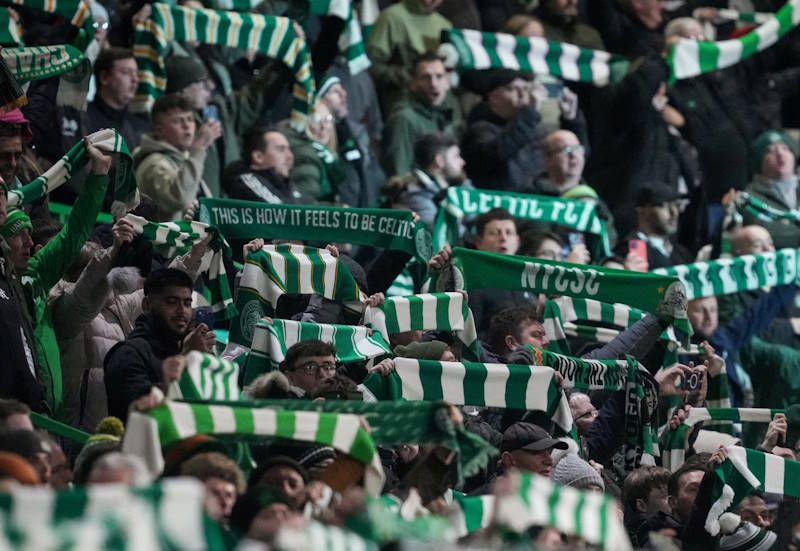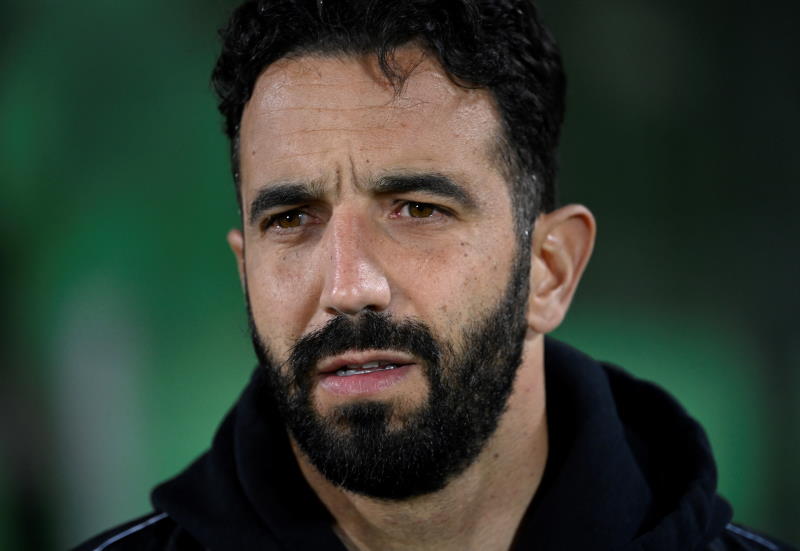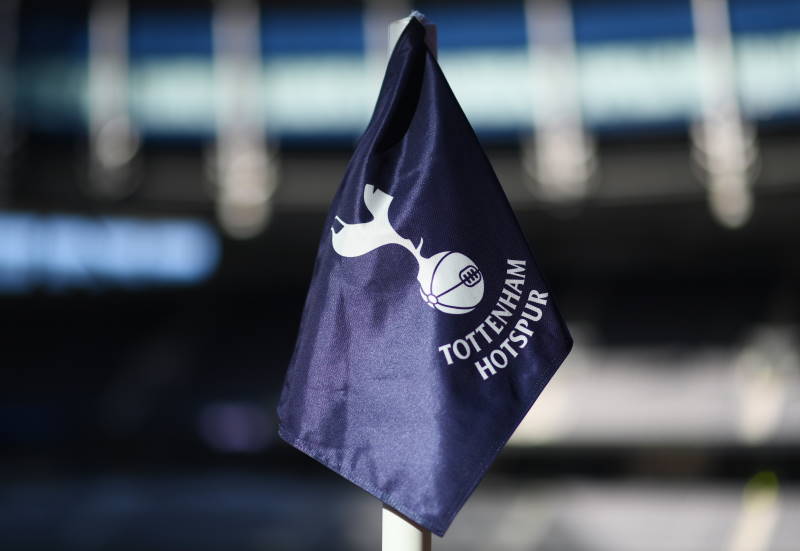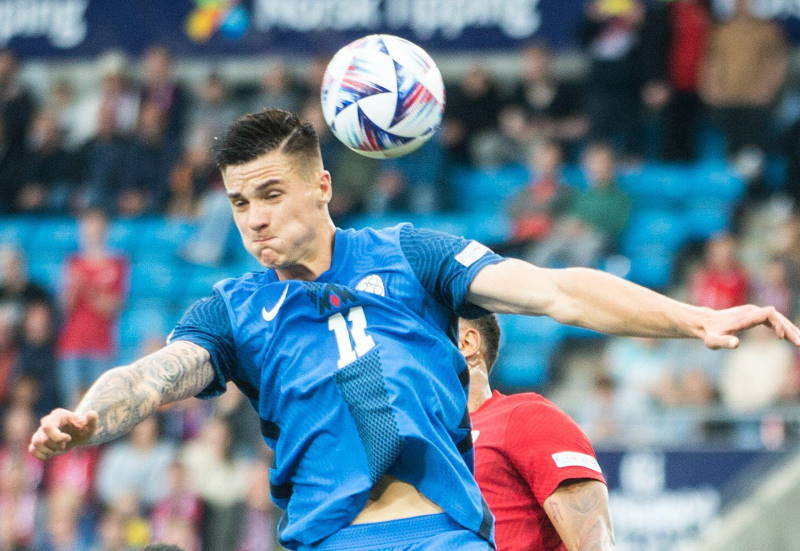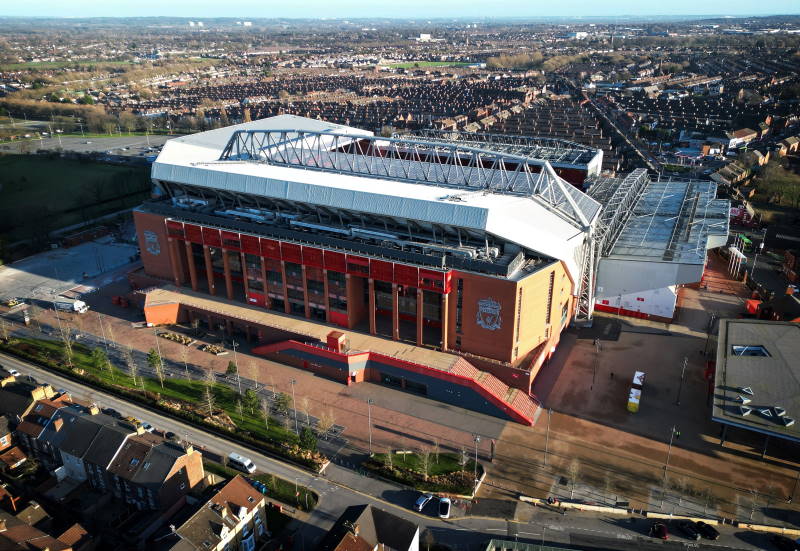
Betemariam Hailu
Cameroon are one of the heavyweights of African football. The first African team to reach the quarter-finals of a World Cup in 1990, their team were able to shock defending world champions Argentina along the way. It was a record that survived as the best African performance until 2002, when matched by Senegal.
Even though their continental superiority was overthrown by the legendary Nigeria sides of the 1990s, Cameroon were able to bounce back in the early 2000s, winning back to back African Cup of Nations in 2000 and 2002. The Lions brought through stars such as Samuel Eto’o and were widely tipped to better the African record of a quarter-finals finish at a World Cup, if not take the trophy itself home. But in the 2002 World Cup, Cameroon failed to meet expectations, while in an even worse performance, they were not even at the 2006 World Cup. African dominance passed to Egypt and the Ivory Coast.
Even worse was to come though, when a side coached by Javier Clemente missed a spot at the 2012 African Cup of Nations. Cameroon had not failed to reach the continental finals since 1994. Many Cameroonians dubbed this year the most lamentable in the country’s footballing history. Cameroon’s sports minister was sacked for the continued failure of the national team.
These developments have frustrated Eto’o, Africa’s most successful player. The striker first saw a crisis erupt when Cameroon boycotted a friendly in Algeria in 2011. Their actions cost the country’s football federation $500,000. The Lions had played Morocco and Sudan before the Algeria game in a mini-tournament in Marrakesh. For those matches, the team were not paid promised appearance fees and bonuses, which led directly to the Algeria strike.
Eto’o, who took on the captaincy after the long-serving Rigobert Song, was the front man in the crisis. The Anzhi Makhachkala forward was banned for 15 matches first, later dropped to eight months (the equivalent of four competitive games). Eto’o has since served his ban and was informed on 7th August that he was free from sanction.
The two-time Champions League winner is a world class player and his absence has been severely felt. Cameroon played four competitive games after Eto’o was banned, two against Guinea Bissau in the first round of qualifying for the 2013 African Cup of Nations. In February, the Lions won by a narrow one goal advantage in Bissau, with the strike coming a minute before full time. In the second leg in Yaouande, Cameroon struggled in front of goal once again, eventually managing another 1-0 win thanks to a strike from Nancy forward Benjamin Moukandjo in the 80th minute.
In both matches Cameroon were clearly missing something, especially in terms of spirit. It was easy to see that Eto’o was absent, with his skills something no one else in the side could replicate. And Guinea Bissau were not a team worthy of a struggle, being as they are one of the weakest sides in Africa. Before playing Cameroon, Guinea Bissau had lost to weaker countries such as Kenya and Uganda – but the Indomitable Lions could not beat them comfortably.
Cameroon’s first qualifying match for the 2014 World Cup had been another nervy affair, beating Congo in Kinshasa by virtue of a single goal from the penalty spot. This was followed up by a loss away to Libya (2-1) – a match in which the side, minus Eto’o, failed to convert several clear chances.
In all of the Indomitable Lions’ matches, Eto’o’s absence was obvious. The fans shouted for the ex-Barcelona star, while even the players admitted their captain’s presence was lacking. Now Cameroon trail Libya and Congo in Africa’s 2014 World Cup Qualifying Group I, and standing 59th in the FIFA rankings, not far from their worst ever rank of 60th, which occurred last February, these are dark days for Africa’s former powerhouses.
Eto’o well understands this – but when he was told he was free to return to Lions’ duty, he refused. The striker does not appear to have a good relationship with current coach Denis Lavange, who insisted Eto’o’s absence could uncover hidden talent, while also seeking to strip the striker of the captaincy. Former boss Clemente has retained much support amongst the players, despite failing to lead the country to the African Cup of Nations.
Even Lavange himself has had problems since taking the coaching role. The former Coton Sport boss claimed not to have been paid his salary and the Cameroon FA warned him for not showing ample respect to a government minister. Eto’o sees all this as par for the course and has decried what he sees as “poor management of the national team and amateurism”, which led to him rejecting the call to join the squad to face Cape Verde on 8th September.
Eto’o believes that the way the country’s authorities treat the national team does not do service to the honours that the Indomitable Lions have won for Cameroon abroad. The striker’s stance is expected to be widely accepted by Cameroonians. Last October, fans, legendary players and even senior politicians in the country came out in support of Eto’o. The goal-getter has not taken his decision for nothing and may well hope that refusing the national team call might help winds of change blow across the country’s national team management.
In Cameroon, some believe that coach Lavange and FA president Iya Mohammed do not like to labour with superstars such as the four-time African Player of the Year. Mohammed has been in power since 1998 and was recently questioned by the police about use of public funds. Mohammed’s supporters claim that Cameroon’s sports and physical education minister manages the use of the FA’s funds, but it all paints a confused picture which contributed to the Algeria boycott and Eto’o’s refusal to play. The resignation of Mohammed and Lavange has been widely called for, including by some clubs from the country’s professional league.
Eto’o is the most successful player in the history of African football, winning the Champions League with Barcelona and Inter and picking up the African Player of the Year award four times. The 31-year-old is the all-time top scorer in the African Cup of Nations, with 18 goals, a tournament which he has won twice. Eto’o has arguably done all he can with Cameroon, collecting over 100 caps and scoring a record 53 goals. The only thing that is left for him at international level – he has also won Olympic Gold and two African Cup of Nations titles – is the World Cup, which looks unlikely for any African team in the near future.
Stripped of the captaincy, with a coach and president who do not appear to appreciate him, and even threatened to invoke a lifetime FIFA ban, combined with other players who do not enjoy his dominance and role as an icon of the nation, there may be more to Eto’o’s decision than meets the eye. 31 years old; ageing; the striker may have decided enough is enough at international level.
Cameroon can qualify for the 2014 World Cup without his help. And Eto’o can watch from the sidelines, confident that after six African Cup of Nations and three World Cup appearances, he has nothing to prove. He can now step aside and join the likes of the legendary Roger Milla.

